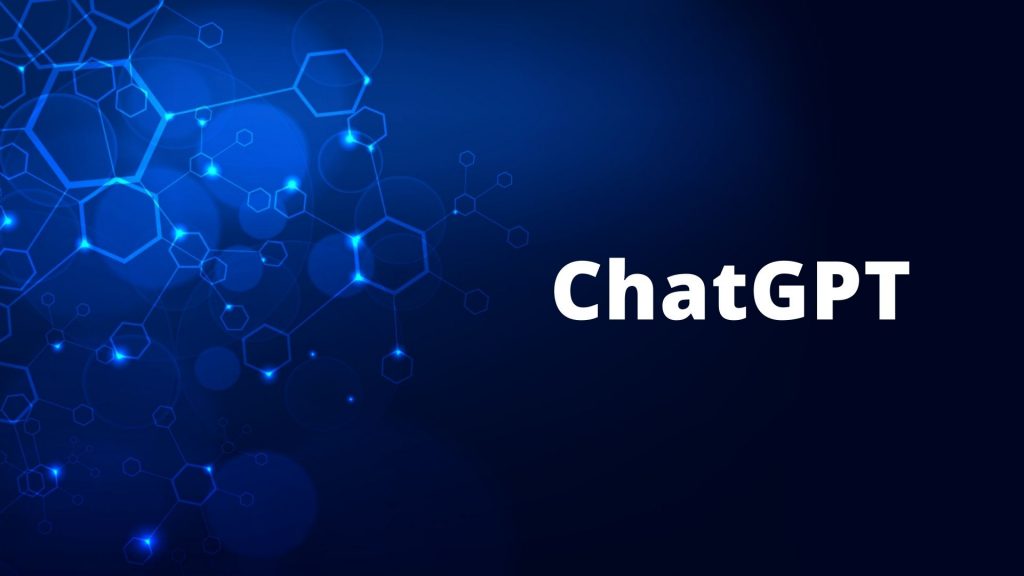In recent years, online exams have become increasingly popular due to the convenience and accessibility they offer. However, with the rise of online exams, the issue of cheating has become more prevalent. Cheating during an online exam can take many forms. For example, using unauthorized materials, copying answers from another source, or receiving help from a friend or family member. One form of cheating recently gaining particular attention is using online chat platforms to cheat during an exam. This blog will dive into online exam cheating apps in the form of chatbots in facilitating such unethical behavior.
Why do Students Cheat in Exams?

There are several reasons why students cheat in exams, some of which are:
Pressure to Perform: Students may cheat when they feel overwhelming pressure to perform well. Sometimes due to expectations from family or peers. Other times the fear of failure, disappointment, or the desire to get into a specific program or college.
Lack of Preparation: Students who feel unprepared for an exam or lack the necessary knowledge may resort to cheating to avoid a poor grade.
Laziness or Procrastination: Some students may be inclined to cheat due to laziness or procrastination, where they put off studying until the last minute and then resort to cheating to save time.
Competition: Students may cheat in highly competitive academic environments to gain an unfair advantage and secure a higher grade or position.
Fear of Repercussions: In some cases, students may cheat because they fear the repercussions of failing an exam or falling behind in their academic progress.
Cheating is a complex issue, and students may cheat for various reasons. Educators must understand the underlying causes of cheating and work to prevent it through practical measures. Steps include creating a positive learning environment, providing adequate support and resources, and emphasizing the importance of academic integrity.
How Students May Use ChatGPT or Any other Chatbot to Cheat

As an AI language model, ChatGPT can assist users in generating natural language text based on their input. However, it is essential to note that using the ChatGPT AI solution as a cheating tool for exams is unethical. Using them is against academic integrity.
There are several ways in which students may try to use ChatGPT to cheat in exams:
Copying answers: Students may use OpenAI ChatGPT to generate solutions to exam questions and copy them directly onto their exam papers.
Plagiarism: Students may use ChatGPT to generate passages or entire essays and submit them as their work without proper citation or attribution.
Essay mills: Some students may use ChatGPT to generate essays or other written assignments for sale or purchase on essay mill websites.
Test-taking assistance: Students may use ChatGPT or other AI tools to assist them during online exams or tests by generating answers or providing hints.
Students must recognize that using ChatGPT for cheating in online exams violates academic integrity. Using it can result in severe consequences, including failing the exam or even expulsion from school. Instead, students should use ChatGPT for ethical and legitimate educational purposes such as research, writing assistance, and language practice.
Ways of Protecting Exam Integrity Against Cheating With the Use of ChatGPT
There are several ways to protect exam integrity against cheating with the use of ChatGPT:
Proctoring: Proctoring services can monitor students during online exams, detecting cheating attempts with ChatGPT or other AI tools.
Exam design: Exams may have a unique structure, so using ChatGPT or other AI tools would not be beneficial. For example, exams should have a format to require critical thinking and applying concepts rather than simply recalling information.
Academic honesty policies: Schools and institutions can establish clear guidelines on academic integrity, outlining the consequences of Students caught cheating in online exams and using unauthorized resources such as ChatGPT during exams.
Anti-cheating software: Several anti-cheating software solutions can detect and prevent using ChatGPT or other AI tools during exams.
Teacher/Instructor Supervision: Instructors can observe students during in-person exams, monitor for suspicious behavior or use of unauthorized resources, and prevent cheating in the classroom.
Institutions and educators need to prioritize academic integrity. They should prevent cheating while providing a fair and accessible testing environment for all students. By combining these strategies, exam integrity may remain intact, and students can be held accountable for their academic performance.
How Online Proctoring Tool can Prevent the Use of ChatGPT During Online Exams

Online proctoring software can prevent the use of ChatGPT. It can be the institution’s tests or online exams arranged by online test providers. The following measures can help:
Browser Lockdown: The exam portal can get the configuration to prevent using other applications or tabs on the candidate’s device during the exam, including chat applications.
Webcam Monitoring: A webcam is helpful to monitor the candidate’s face and surroundings to ensure that no one else is present to provide assistance or access to prohibited resources.
AI-based Proctoring: Advanced AI monitoring solutions can monitor candidates’ behavior and flag suspicious activities, such as excessive eye movements or head gestures.
Screen Recording: The candidate’s screen can be recorded during the exam to detect any attempts to use ChatGPT or other resources outside the permitted scope of the exam.
Randomized Questions: To minimize the possibility of sharing exam questions with others, randomized questions can be used for each candidate, making it difficult to cheat by sharing information.
By implementing these measures, online proctoring services can significantly reduce the likelihood of cheating during online exams. Also, they will be able to maintain academic integrity.
Conclusion
In conclusion, cheating during online exams is becoming increasingly prevalent. Especially using the OpenAI ChatGPT tool and other AI language models to facilitate cheating is a concerning development. Educational institutions must prevent cheating by implementing effective proctoring systems and educating students on the consequences of academic dishonesty. Additionally, AI language model developers should consider their technology’s ethical implications. Subsequently, they should take measures to prevent its misuse for cheating purposes. Ultimately, academic integrity is essential to ensuring the value and credibility of educational qualifications. Also, it is in everyone’s interest to combat cheating in all its forms.











